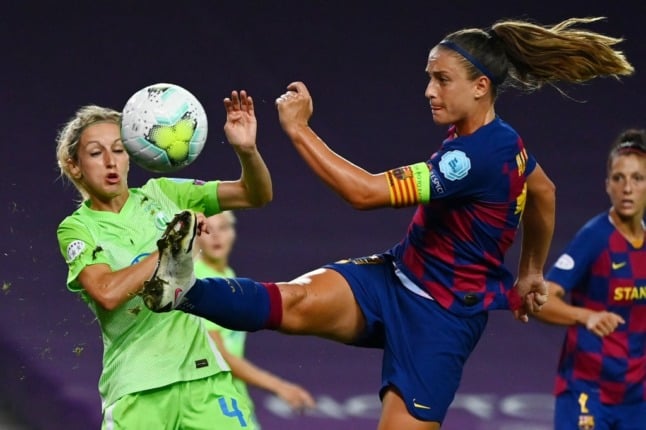When Swedish Prime Minister Fredrik Reinfeldt addressed the UN General Assembly two years ago, he declared that the world’s women “earn only ten percent of the income and own one percent of the property”. This fact has previously been the focus of state-funded awareness campaigns.
A few years ago I remember it being advertised in Sweden’s leading daily paper Dagens Nyheter (DN). The fact is, however, flatly wrong. And more to the point, it illustrates a Swedish tendency to severely underestimate women’s global progress.
According to the International Labour Organization (ILO), women earn 70 to 90 percent as much as men in the labour markets in the majority of the world’s countries. Globally, women’s labour market participation is around two-thirds of men’s. Thus women earn roughly 35 percent of global incomes. It may be difficult to estimate women’s global earnings. But we can be sure that it is nowhere near one percent.
As the Scotsman reported already in 2007, women in the UK own 48 percent of the country’s personal wealth – a figure expected to rise to 60 percent by 2025. Given that the UK economy is around four percent of the global economy, a plausible approximation shows that British women alone own around two percent of the world’s assets. Reinfeldt’s claim would not be true even if women outside the UK owned no assets whatsoever.
Granted, Reinfeldt meant nothing ill by his remark. Rather, he was trying to emphasize the need to focus more on gender equality. At the same time, it is telling that the Swedish Prime Minister – during an important speech to a global audience – would express a worldview that so thoroughly goes against the facts.
The facts are that a number of societal changes, such as urbanization, greater opportunities for higher education, and the move towards a service-based economy in particular, are benefiting women’s progress in the global marketplace. Even in nations such as Iran and China, women have begun to dominate the ranks of those earning higher degrees.
In the article The Female Economy, published in the Harvard Business Review, Michael Silverstein and Kate Sayre recently showed that women control the lion’s-share of consumption spending in modern economies. In addition, the two researchers estimated that woman’s global earning will amount to nearly $18 trillion in 2014. That is ten times the level of India’s GDP.
Reinfeldt, and many other Swedish politicians and intellectuals, would gain much from reading such fact-based analyses regarding women’s progress. We can undeniably do more to promote women’s success, both in Sweden and in the global labour market (a subject I would like to return to in future columns).
A good starting point, however, is to acknowledge how far women have already come.
Nima Sanandaji is a Swedish writer of Kurdish origin. He has a PhD in polymer technology and has written numerous books and reports about subjects such as integration, entrepreneurship, and women’s career opportunities. His most recent book, Att spräcka glastaken (‘Breaking the glass ceiling’), was published earlier this month.




 Please whitelist us to continue reading.
Please whitelist us to continue reading.
Member comments